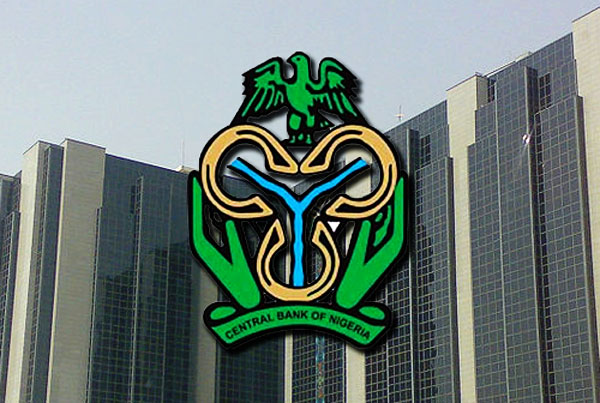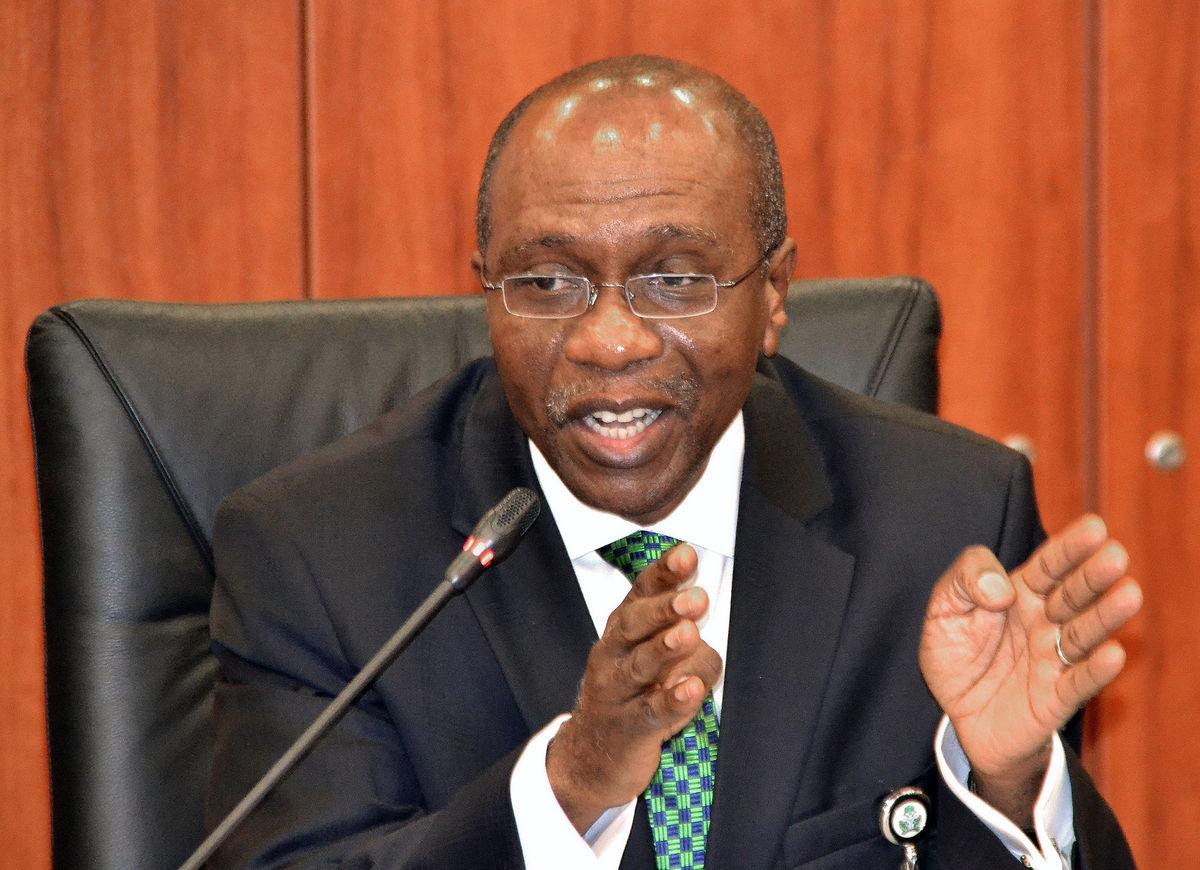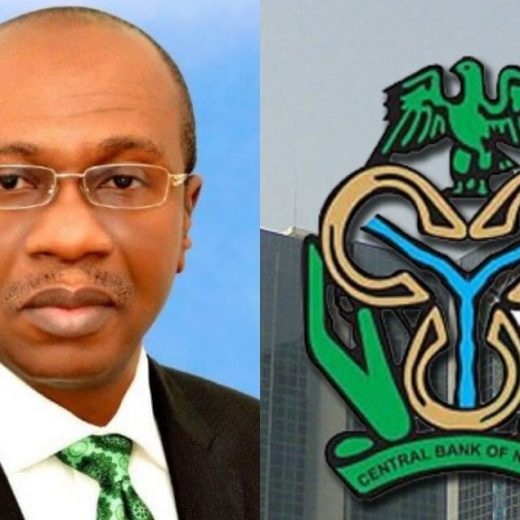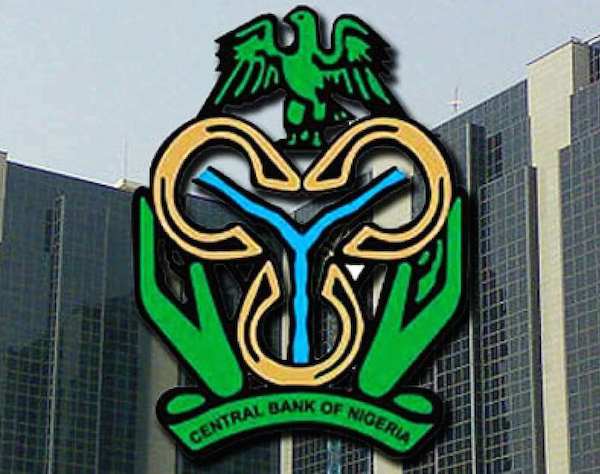Investigation by National Daily has revealed that underwriting firms in the nation’s insurance industry, who fail to pay genuine claims, risk losing substantial part of their cumulative N30billion statutory deposits, while managing directors of such firms would be sacked, industry regulator, National Insurance Commission (NAICOM) has warned.
National Daily gathered that the 59 registered insurance companies in the country have cumulative statutory deposits of about N30billion kept with the Central Bank of Nigeria (CBN).
Following several complaints recorded in the sector through the insuring public that some underwriters are not paying claims, NAICOM has now commenced the process of paying those genuine claims from the statutory deposits of the erring insurers kept with the apex bank.
Statutory deposits represent amounts deposited with the CBN in accordance with Sections 9(1), and 10(3) of the Insurance Act 2003.
The cash amount held is considered to be restricted cash, as the insurers do not have access to the balances in its day-to-day activities.
According to the Insurance Act, 2003, in the case of existing companies, an equivalent of 10 per cent of the minimum paid-up share capital shall be deposited with the CBN.
To this effect, any company whose statutory deposit is used to pay claims also faces negative image, as the regulatory body has vowed to publicise the names of the affected companies.
Also, the Managing Directors of the affected firm will lose their jobs to serve as deterrent to other companies fond of not honouring genuine claims.
The inability to pay claims by these insurance companies is denting the image of the insurance industry, necessitating the punitive action by the regulatory body to rescue the sector from collapse.
Confirming the development, the Commissioner for Insurance, Mohammed Kari, said NAICOM is alarmed by the incessant complaints of failure by insurance companies to settle genuine claims to policyholders.
“These sad failures include companies’ inability or refusal to settle inter-company balances. These claims and balances have risen to an unacceptable levels, where again, we are now required to withdraw the self-regulation option given operators to total enforcement of the law,” he said.
Addressing the operators, he noted: “Our persistent self-inflicted failure has distracted investment from our industry. It has increased scepticism in our consumers, and most tragically, it has attracted ‘clever and ingenious people’ into our assumed professional undertaking.”
Findings further showed that rate-cutting is partly responsible for why some underwriters could not pay genuine claims, as they are not charging the right premium on policies, but instead cutting the rate below the standard in a bid to snatch the business away from their competitors.
Rate cutting arises in the industry as a result of unhealthy competition among insurers in the process of chasing the same line of business.
It was gathered that when premium commensurate with a policy is not charged, claims would become extremely difficult for such insurers to pay, hence, the reason why some of them are not compensating their clients.
Insider sources in the sector revealed that in some cases, policy rates are cut by 100 per cent, as underwriters compete for the same business, and when claims arises, they are always fond of giving unnecessary excuses for why they would not honour claims obligation.
Speaking on why insurance firms must, as a matter of urgency, pay claims, a former, Managing Dairector, Anchor Insurance Company Limited, Mayowa Adeduro, said: “Insurance is to ensure that an indemnity regain her former status after the occurrence of insured incident. This is our first obligation to our clients.”

 Health & Fitness3 days ago
Health & Fitness3 days ago
 Featured6 days ago
Featured6 days ago
 Education1 week ago
Education1 week ago
 Business1 week ago
Business1 week ago
 Aviation5 days ago
Aviation5 days ago
 Business6 days ago
Business6 days ago
 Crime1 week ago
Crime1 week ago
 News6 days ago
News6 days ago







